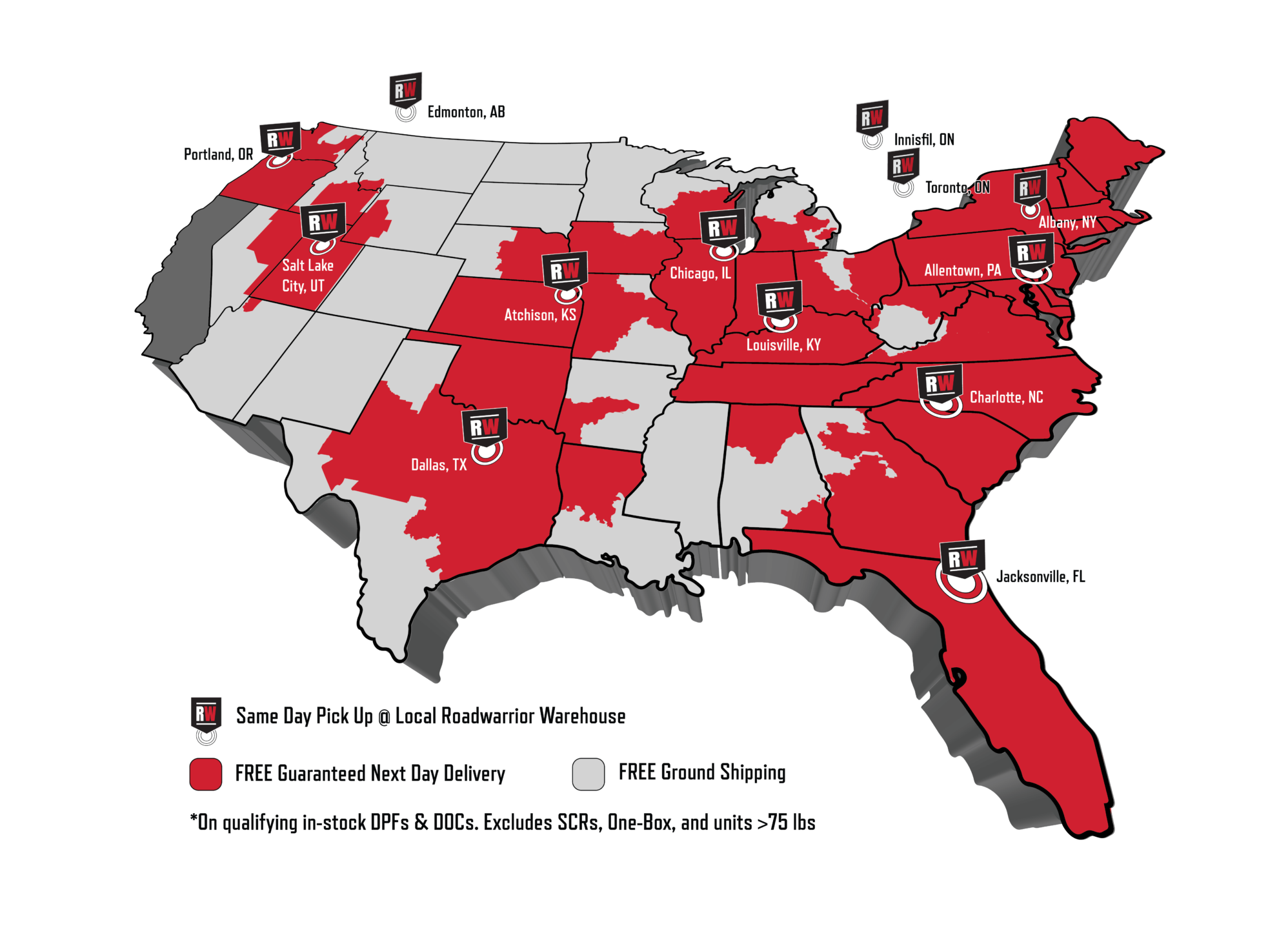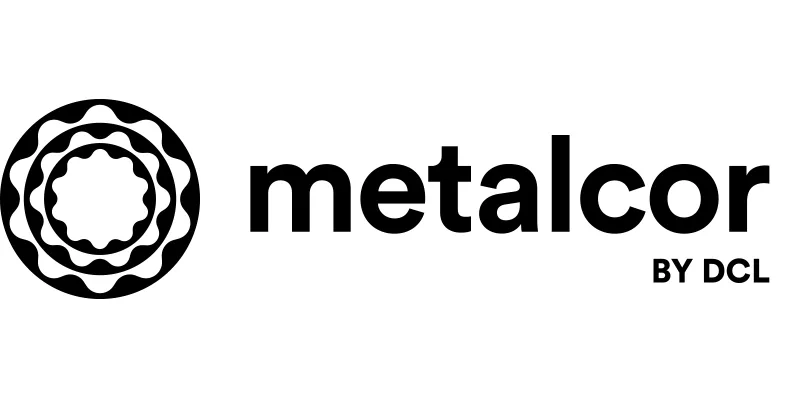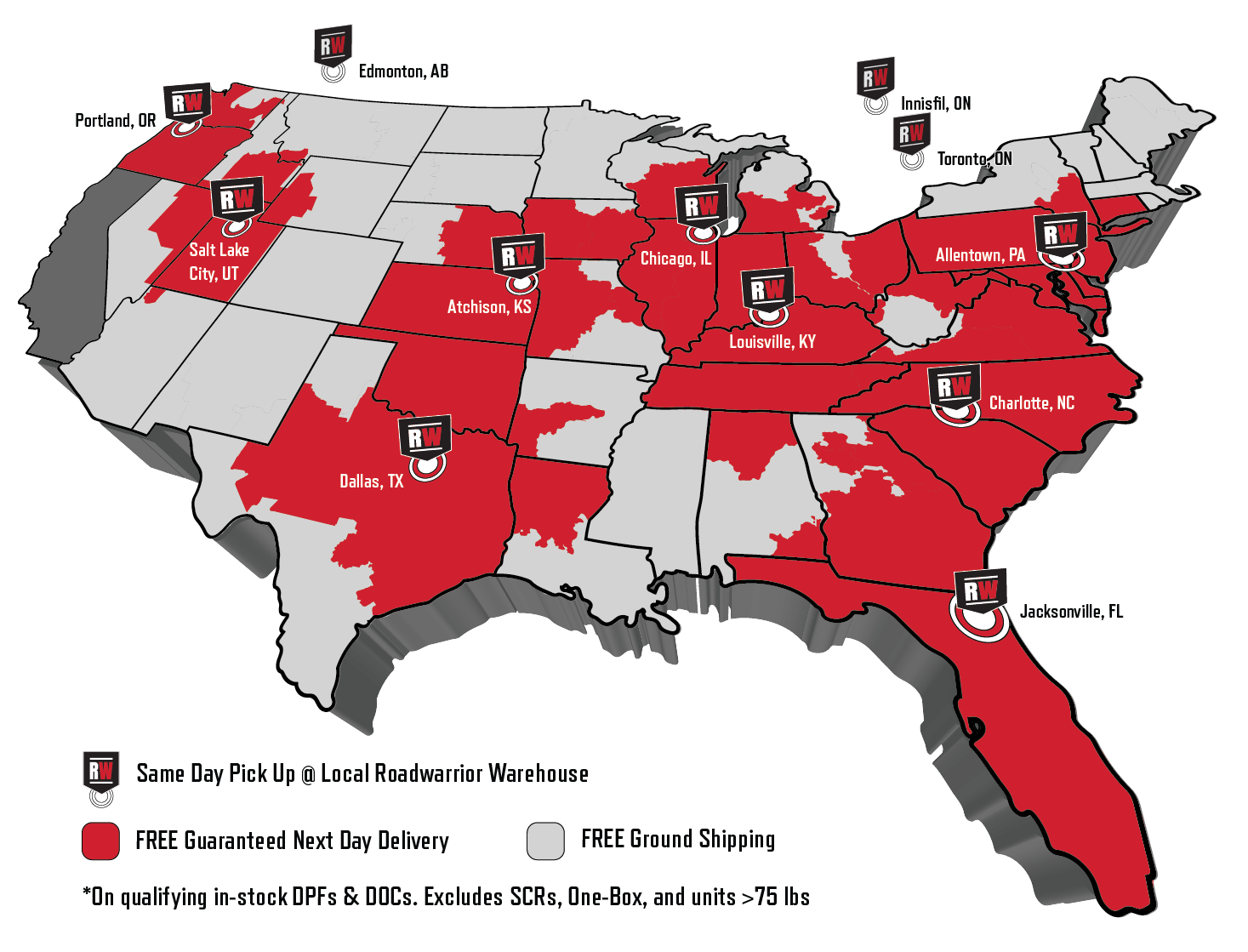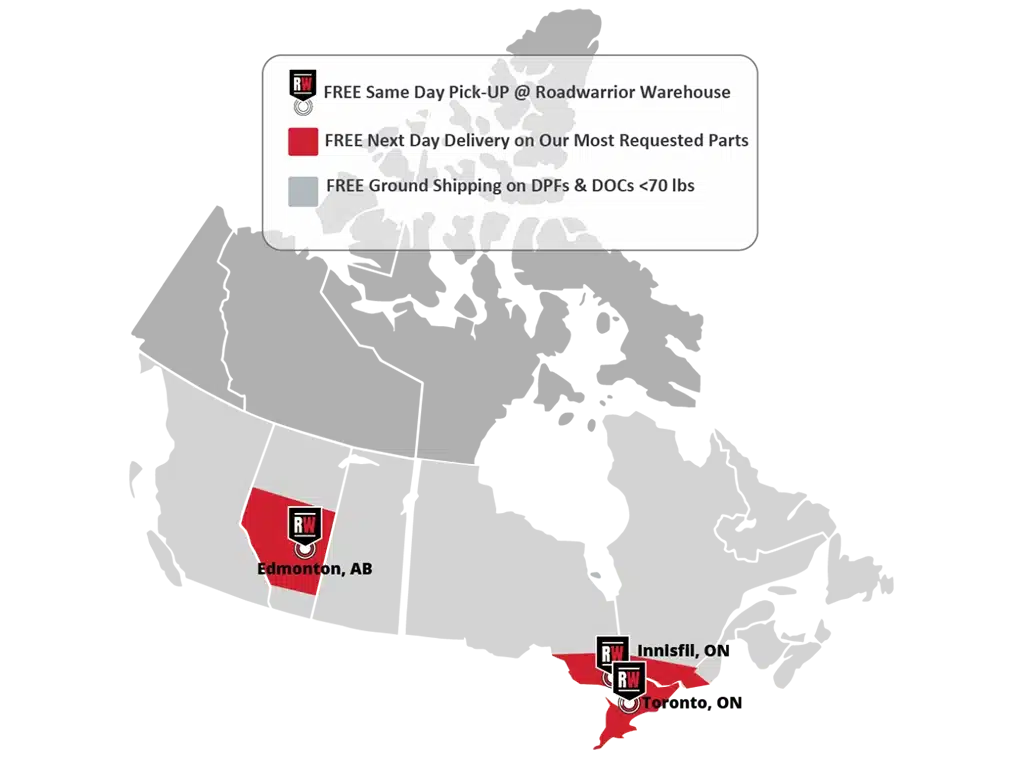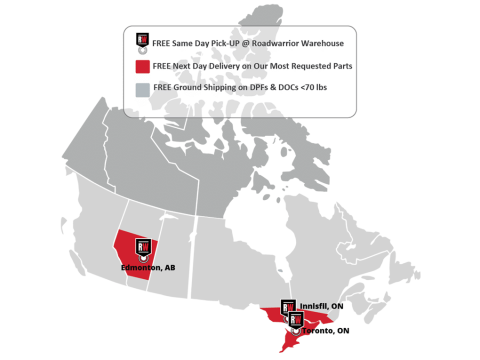When you’re ready to buy a new scan tool for your heavy-duty truck, you have to factor in your needs, your budget, the size of your operation and how you’ll use the tool. If your check engine light comes on during a trip, a scan tool can tell you whether to call an emergency mechanic or keep driving. This is especially useful if your long-haul truck starts playing up a long way from your regular mechanic! A DTC scan tool is also very handy if you have enough experience with truck engines to do DIY repairs! However, there’s no point forking out for an expensive high-end tool if you’ll only use half its functions. It’s also pointless to buy a cheap diagnostic scan tool that doesn’t meet your needs. Professional mechanics in particular need advanced wide-ranging diagnostic equipment!
Luckily, you’ll find an extremely wide range of tools on the market designed for all sorts of users. When you’re choosing your diagnostic tool, start by narrowing down your specific requirements. Then consider the basic and advanced features that appear in different scan tool categories and decide which ones you’ll need. Find out what features to look for in our companion blog How to Choose the Right Scan Tool for You! By the end, you’ll have the tools you need to choose the perfect diagnostic tool!

Firstly, Do You Need a Specialist HD scan tool?
A diagnostic scan tool doesn’t just need to be good—it should be right for your needs. While reviews are helpful, a tool that’s perfect for somebody else may be wrong for you! When researching makes and models, you’ll also find that quality, scope and price vary widely. Before you read up on specific products, you should consider the questions below in relation to the amount and type of uses you’ll have for your tool. Factor in that scan tools are designed with specific classes of vehicle in mind and don’t always cross over effectively.
Can I Use an Automotive Scan Tool on an HD Truck?
If you already have an automotive scan tool, it’s tempting to assume that it’ll work for your HD truck too, especially if it’s the right fit for your connector port. While it may work, you should check if it’s been tested and approved with commercial trucks before trying it. A high-end car scan tool is more likely to work than a basic one, but it’s unlikely to work well. There’s also a chance that testing out the wrong tool could damage your truck. For one thing, car and truck diagnostic ports are often different sizes and styles. You can damage your connector port by trying to force the wrong tool to fit. On top of this, an automotive scan tool may be unable to connect to the right diagnostic channels. There’s even a small chance that connecting to and disrupting the wrong channel could trigger fault codes in another system!
While the odds of an automotive scan tool damaging your truck are slim, there’s a good chance that it won’t be able to read your error codes. Commercial HD trucks don’t operate in the same way as cars. Their systems, especially emissions systems, are governed by different legislation and their parts have different fault codes. There’s an even higher chance of a car scan tool missing or misdiagnosing DTCs that are OEM-specific. These misleading error codes could easily lead drivers to make unnecessary repairs and replace expensive parts without fixing the problem!
Can I Use a Diesel Scan Tool on a Gas Truck?
If you have a fleet of medium-duty and heavy-duty commercial trucks, you should consider whether they’re all diesel trucks or a mixture of diesel and gas! Some diagnostic scan tools work on both engine types, while others don’t. Some scanners also work better on diesel engines than petrol, so it’s important to make sure your trucks are covered! If you don’t, you could risk misdiagnosing problems and losing money doing the wrong repairs. Once you’ve considered these points, there are some specific questions about you and your fleet that’ll help you find the right diagnostic scan tool!

How Many Trucks Do You Have?
Firstly, do you just need a scan tool for one truck or an entire fleet? Some scan tools can only pair with a limited number of trucks at once, others store data for a wide variety of trucks. On top of this, a basic scanner might not cover multiple trucks from different OEMs. If you want one scan tool to cover all your trucks, especially from smaller OEMs, you need to check this first. This is less of an issue if you have a fleet and want each of your drivers to have a cheaper, portable scan tool.
While early OBD HD scan tools were designed for emissions issues, some modern tools can read DTCs from other systems that report to the ECU. However, unlike cars which tend to come entirely from one manufacturer, truck specc’ing often involves combining parts from different manufacturers. OEMs generally have their own specific set of fault codes, so if you’re looking for a multi-system tool, you need to factor in the manufacturers of every system. This way you can ensure that your chosen scan tool can read every code your trucks flag up. Bear in mind that some cheaper scan tools and code readers can only read generic truck codes, not OEM-specific ones!
What Kind of Trucks Do You Have?
The next question is, are your trucks long-haul, short-haul or service trucks? This matters because different kinds of trucks are more likely to encounter different kinds of problems. Some types of service truck, refuse trucks for example, spend a lot of time in low-duty cycles. They rarely reach the speeds needed for DPF regeneration, which increases pressure on their aftertreatment systems! However, long-haul trucks that spend a lot of time pulling heavy loads may put excess pressure on the driveshaft. Knowing which pressures your trucks face can help you pre-empt issues they’ll be likely to face and ensure that your HD scan tool registers them.
The type of trucks and the jobs you use them for may also affect your choice of diagnostic scan tool. Short-haul trucks that operate in localized areas and cities are easier to get to your regular mechanic if there’s a problem. It’s also easier for multiple short-haul trucks in one fleet to share one scan tool. Long-haul trucks however are often miles from a mechanic when a problem occurs, and emergency mechanics and tows are notoriously expensive! A scan tool lets drivers check if a problem is serious or can wait till the end of the trip. This helps drivers make smart decisions on the move and increases valuable uptime!
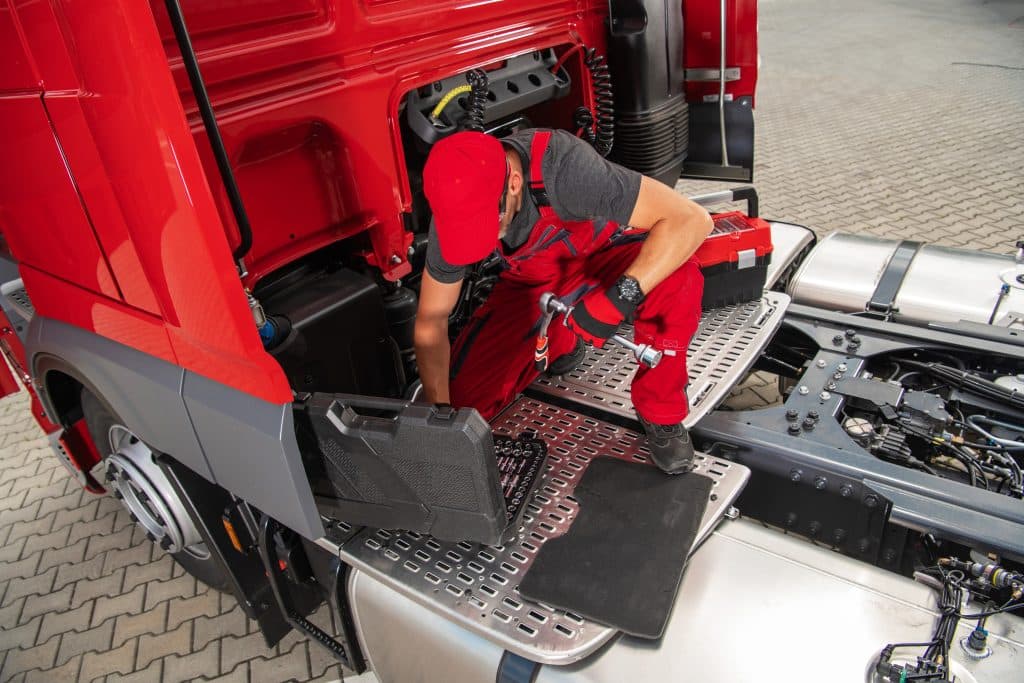
What To Look Out for in the Tool Itself?
As well as knowing how you’ll use your diagnostic scan tool, you should be aware of some key distinctions between different diagnostic tools! These distinctions include which type of codes a tool can scan for, whether it’s the right physical fit for your truck and whether buying it requires a one-off payment or a subscription plan. To find out more about what scan tool features to look for, check out our companion blog How to Choose the Right Scan Tool for You.

